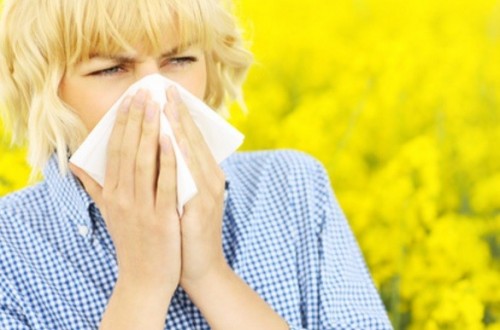Ashford Clinic Blog
Everything You Need to Know about the Common Cold

They call it the common cold for a reason. Many people suffer from cold symptoms at various points in the year, including the early spring months. With over 100 viruses that can cause a cold, there are vast opportunities for exposure, so prevention is key. There are also a number of options for cold treatment. Here is everything you need to know about the dreaded common cold.
How is it Caused?
As mentioned earlier, there are over 100 viruses associated with the common cold, with the rhinovirus being the biggest culprit - as one of the most highly contagious. Cold viruses enter your body through the eyes, nose and mouth and is spread through droplets in the air when someone suffering from cold symptoms coughs, sneezes or talks. Hand to hand contact and sharing of contaminated objects also lead to infection - particularly after people touch their eyes, nose, or mouth after shaking hands or handling contaminated objects.
What are the Symptoms?
Cold symptoms usually include runny nose, headache, sneezing, fatigue, post-nasal drip, and cough. There is some crossover with sinus infection symptoms and allergies, the key difference being fatigue. Lingering symptoms of a cold may cause a sinus infection, so look out for sinus infection symptoms like thick yellow nasal discharge, pressure or pain around the face and eyes, or congestion. If you run a fever, see your doctor as you may actually have the flu or a bacterial infection.
How to Treat the Common Cold
Unfortunately, there is no cure for the common cold and cold viruses render antibiotics useless. The best you can do is to treat your symptoms. Decongestants, antihistamines, pain relievers, and cough syrups are the typical over the counter options for treating cold and sinus infection symptoms. Home remedies, like drinking lots of fluids, chicken soup (which is scientifically proven to help some cold and flu symptoms), saline nasal drops, a saltwater gargle (for sore throat), and rest are also helpful. Talk to your doctor to determine the best course of action for you.


